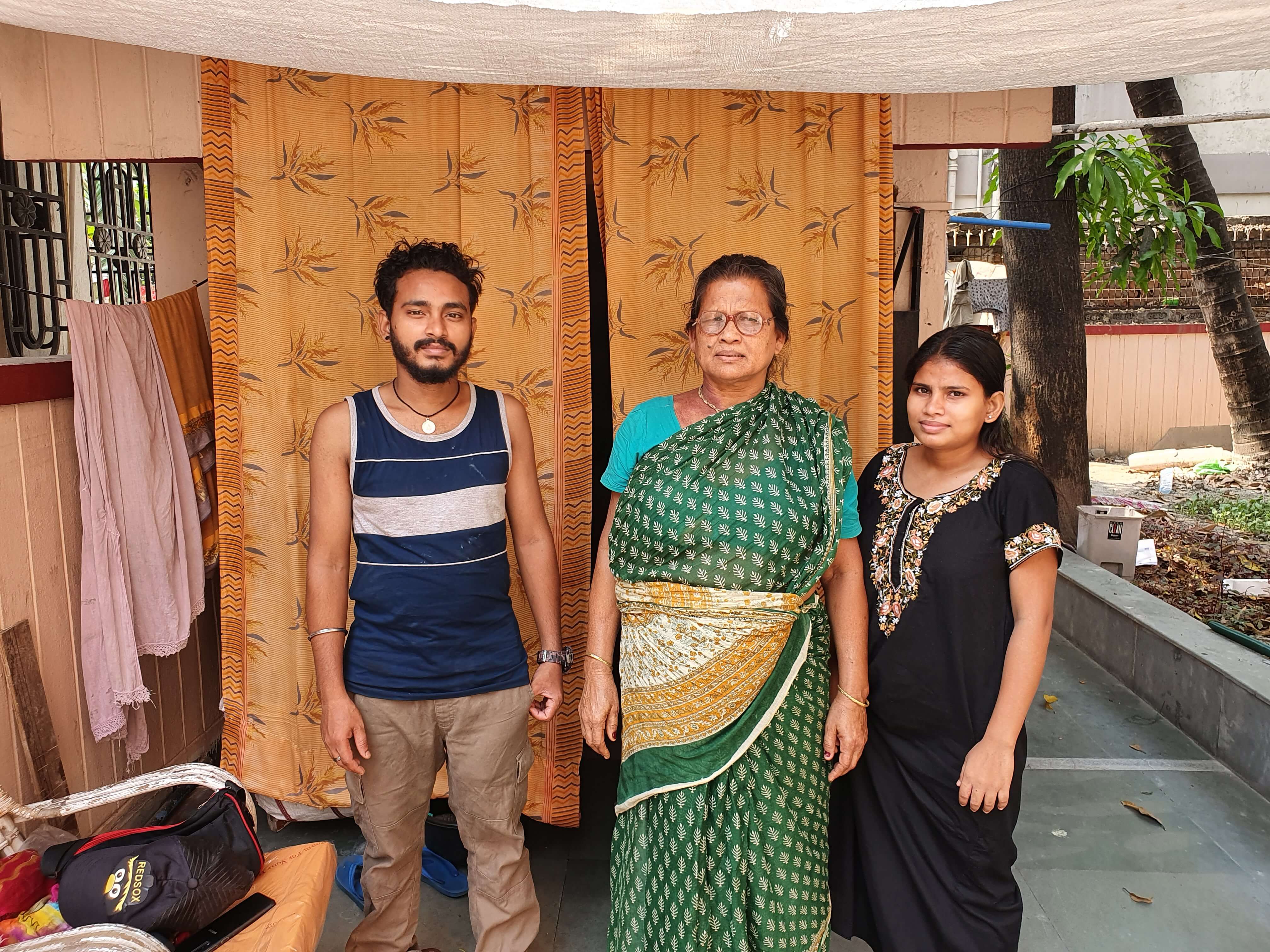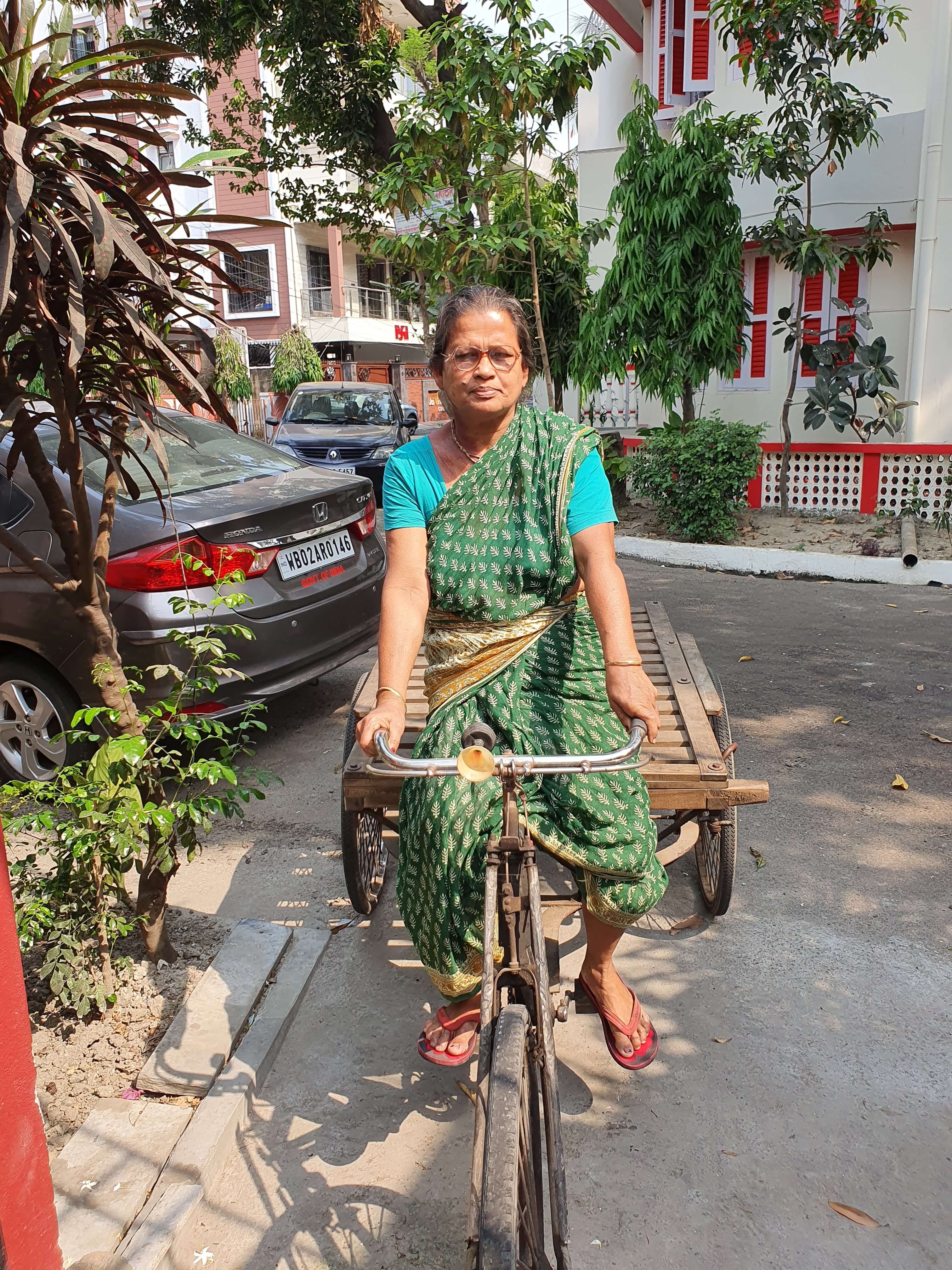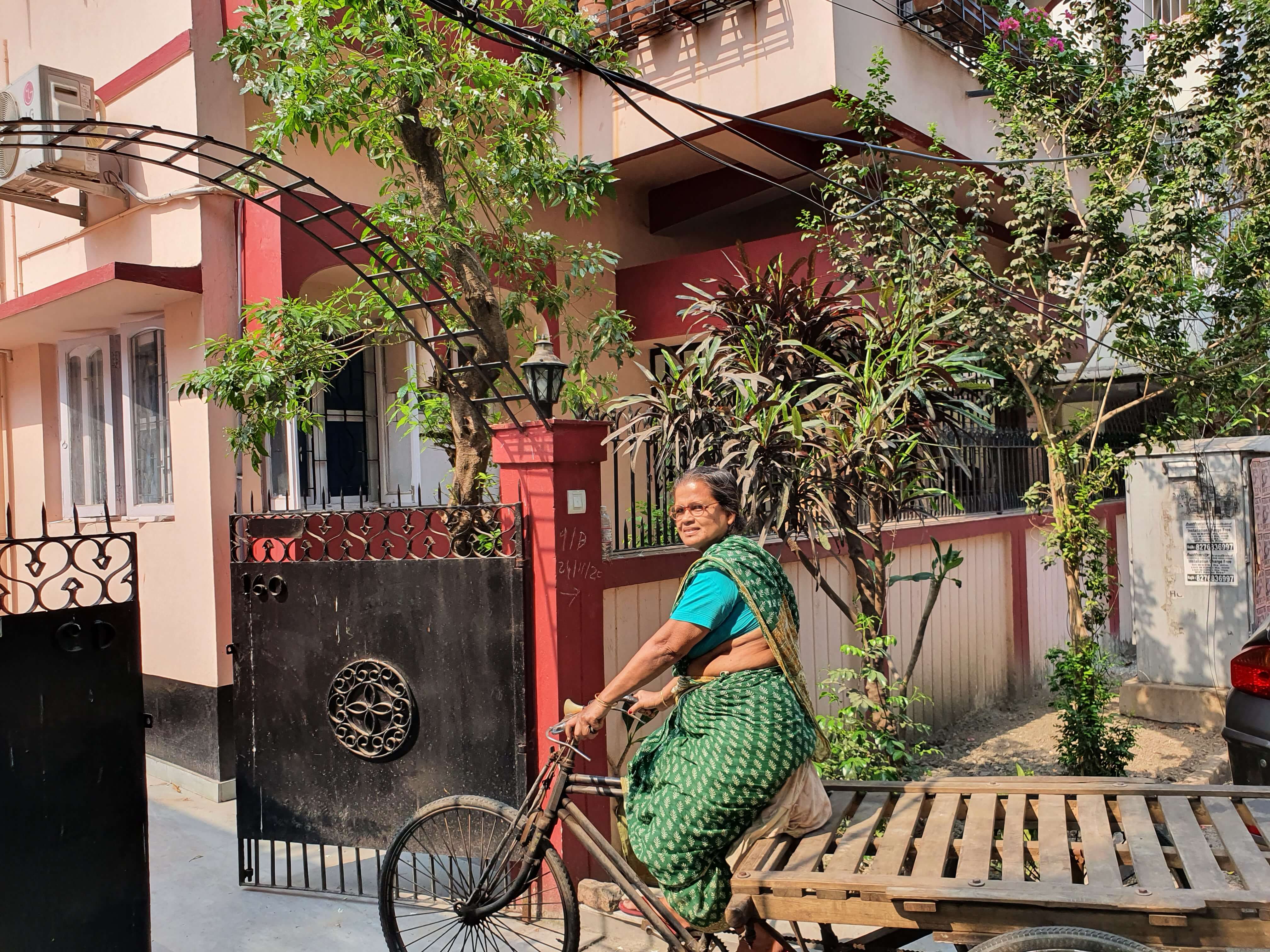Reading Time: 5 minutes
Soumya profiles Basanti, who fought and emerged successful, against all odds. A true story, in two parts, exclusively for Different Truths.


“Basanti, come quick, the Ghosh para is burning, the Khan sena are shooting the landlords, let’s go and see it.”
The year was 1971. The Pakistan army in East Pakistan was carrying out the worst genocide since the holocaust. That day they were wiping out the rich and educated Hindus in Basanti’s village. The children of the poorer peasants thought of it as entertainment. But the screaming girls being carried away and the dead men every where was horrifying and they ran back.
The year was 1971. The Pakistan army in East Pakistan was carrying out the worst genocide since the holocaust.
The next day there was pandemonium. The Pakistani soldiers were attacking the poorer Hindus as well, not for looting but in sheer bloodlust and for abducting the women.
Basanti along with the other children ran through the fields evading bullets and joined the stream of people escaping the genocide by crossing over to India. As theirs was a Hindu majority border village, in Khulna, most of the people could escape to the border and cross the river by rafts to reach the safety of West Bengal, where she felt that Bengali Hindus would be safe.
Basanti along with the other children ran through the fields evading bullets and joined the stream of people escaping the genocide by crossing over to India.
Although their lives were spared, the nightmare did not end for thirteen years old Basanti. Survival meant begging for food, doing backbreaking menial work in the fields in exchange for some rice gruel, and warding off human predators in the guise of good Samaritans. Within a few months, little Basanti grew up to become a tough street-smart adult, able to survive in a dystopian world.
After a while, she managed to find shelter in a refugee camp, one of the hundreds being set up for the deluge of refugees escaping the pogrom unleashed by the Pakistani army.
After a while, she managed to find shelter in a refugee camp, one of the hundreds being set up for the deluge of refugees escaping the pogrom unleashed by the Pakistani army.
Here she found a protector in an elderly Nepali camp guard who took pity on the tough little girl.
Shortly, after the war was over, and the Pakistani butchers had surrendered to the liberating Indian army, and a new nation was born.
Basanti went back to her village with the other inmates but found that the new nation has no place for her. Her parents were missing, and their tiny parcel of land was occupied by others. So, she again returned to her country of refuge, India.


Basanti went back to her village with the other inmates but found that the new nation has no place for her.
But now the camps were being disbanded and again her struggle to survive renewed.
Once again, the Nepali guard came to her rescue. His wife had since died, and he married the now fourteen-year-old Basanti.
Basanti Sarkar became Basanti Chetri, and started a new life of struggle on the outskirts of the megacity of Kolkata, in the new colony being constructed from the salt marshes and brackish water lakes in the area, now being called Bidhan Nagar, or Salt Lake City.
Basanti Sarkar, became Basanti Chetri, and started a new life of struggle on the outskirts of the mega city of Kolkata…
Chetri plied a van rickshaw, carrying construction materials, and Basanti worked as a construction laborer. Soon she had two children and had to take up less strenuous work as domestic help.
But disaster struck again, and her husband passed away from overwork.
Now Basanti was supporting two kids, whom she had put in a school in order that they may escape this drudgery and had to take up more jobs.
Time became an issue and she decided to use her husband’s idle van rickshaw to commute and carry her kids to school.
Time became an issue and she decided to use her husband’s idle van rickshaw to commute and carry her kids to school. She had also built herself a shanty on some unoccupied land by a rubbish dump and had started growing vegetables and even rice in the adjoining fields. She collected the scrap from the building sites to build her shanty and started a business of scrap dealing. She also started selling her vegetables and started buying vegetables from the villages nearby and selling them in the newly developing area. For all this, her van rickshaw became invaluable. She also started carrying loads on her rickshaw for money. She managed to build up another shanty and rent it out to newer immigrants.


But resistance came from neighbors, the other rickshaw pullers, their unions, the local police, the local toughs, and even the local political party. And all because she was a woman doing a man’s job, driving a rickshaw. And that too without a license.
Her fierce retort was to scream at everyone who questioned her.
Her fierce retort was to scream at everyone who questioned her.
“Would you rather I become a prostitute? I am earning my livelihood legally through my labour, and supporting my children, and I can do it better than any man, I am faster and stronger than any of the drunk men who ply the rickshaws. And they don’t have licenses either, they just bribe the cops.”
Soon everyone learned to leave her alone, and a local newspaper carried her story as the gender bender first woman rickshaw driver.
The communist party enrolled her as a member along with the rest of the shantytown and gave them legal rights to the land on which they were squatters…
The communist party enrolled her as a member along with the rest of the shantytown and gave them legal rights to the land on which they were squatters, with legal electricity, unlike the stolen power on which they survived so far.
This could have been the happy ending but changing political scenarios made her life uncertain again, and once more she faced men with guns.
This story will be told in part two of her saga, all of which I learned quite a by accident, as I will narrate later. Basanti is currently working for us and living with us and is the matriarch of a large family, but after many disappointments and setbacks, her granddaughter is graduating from college. Her iconic van rickshaw is parked next to our Honda Accord.
Photos by the author














